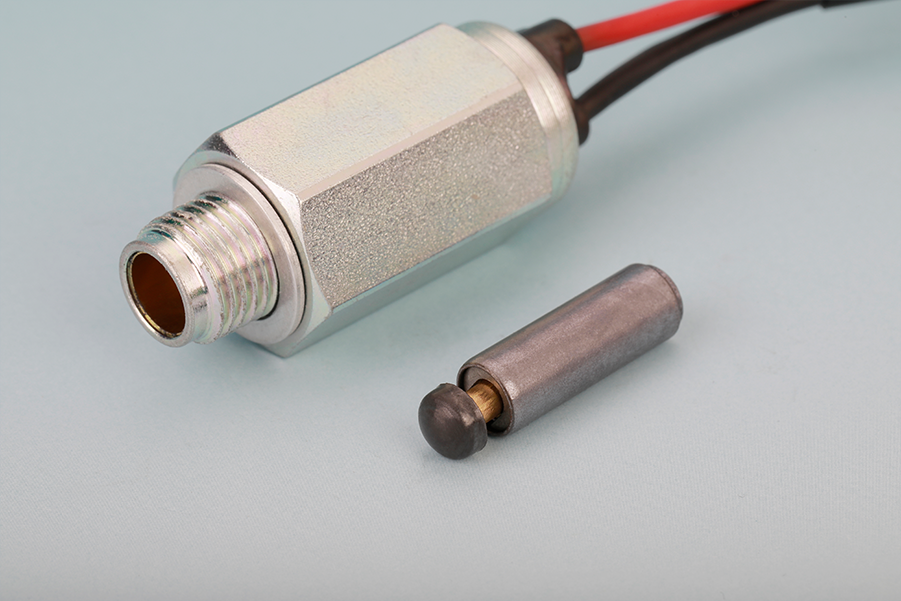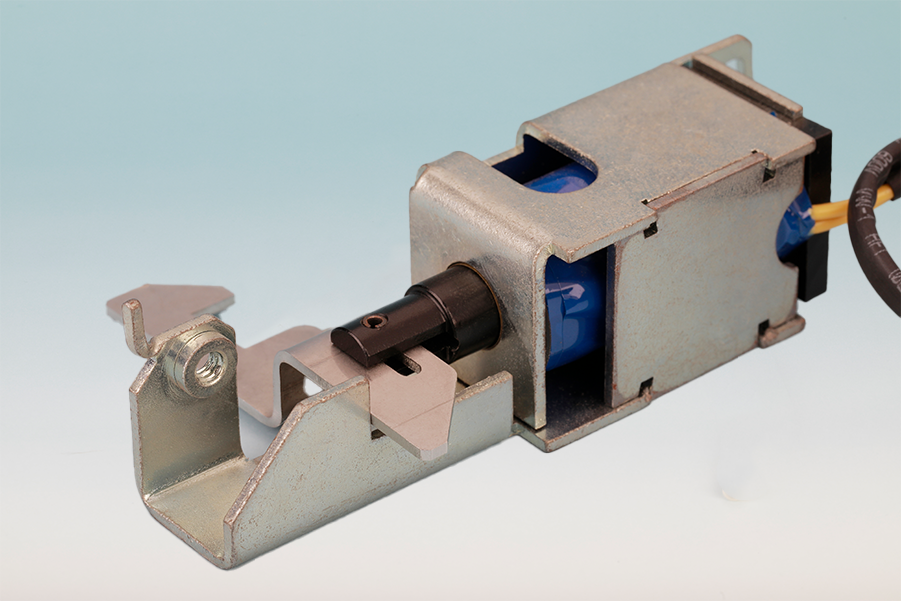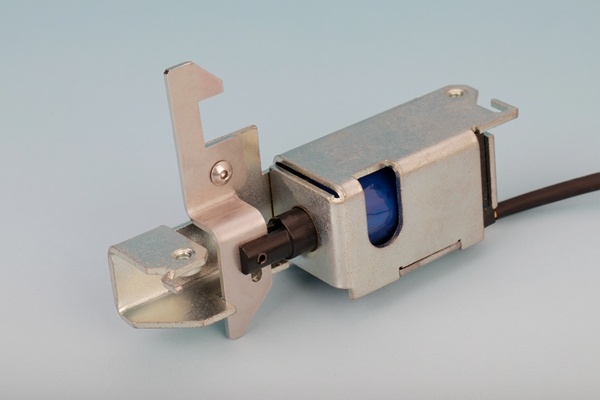Understanding the Role of Nikki Carburetor Solenoid in Automotive Systems
Release Time:
Aug 22,2025
The Nikki Carburetor Solenoid is a vital component in many automotive systems, playing a crucial role in fuel delivery and engine performance. As part of the carburetor assembly, this solenoid is responsible for controlling the flow of fuel into the engine based on specific operational conditions. Its primary function is to regulate the mixture of air and fuel, ensuring optimal combustion and engi
The Nikki Carburetor Solenoid is a vital component in many automotive systems, playing a crucial role in fuel delivery and engine performance. As part of the carburetor assembly, this solenoid is responsible for controlling the flow of fuel into the engine based on specific operational conditions. Its primary function is to regulate the mixture of air and fuel, ensuring optimal combustion and engine efficiency.
When the ignition is turned on, the Nikki Carburetor Solenoid activates, allowing fuel to flow from the carburetor into the intake manifold. This process is essential for starting the engine and maintaining smooth operation. If the solenoid fails, it can lead to a range of issues, including hard starting, stalling, or poor fuel economy. Therefore, understanding how the Nikki Carburetor Solenoid operates can be beneficial for both automotive technicians and car owners.
One common issue related to the Nikki Carburetor Solenoid is electrical failure. Since this component relies on an electrical signal to function properly, any interruptions in the wiring or connections can result in solenoid malfunction. Regular inspection of electrical connections and the solenoid itself can help prevent unexpected breakdowns and maintain reliable vehicle performance.
In addition to electrical issues, debris and contamination can also hinder the performance of the Nikki Carburetor Solenoid. Fuel systems are susceptible to dirt and other particulates, which can clog the solenoid and impede its functionality. Regular maintenance, including fuel system cleaning and replacing the fuel filter, can help mitigate these risks and ensure that the solenoid operates efficiently.
Another important aspect to consider is the solenoid's compatibility with various fuel types. Different fuels can have different effects on solenoid performance, particularly in terms of temperature and pressure. Ensuring that the Nikki Carburetor Solenoid is compatible with the fuel used in your vehicle can help optimize performance and longevity.
In summary, the Nikki Carburetor Solenoid is a key player in the efficient operation of automotive fuel systems. By understanding its functions and the factors that affect its performance, car owners and technicians can better maintain their vehicles, resulting in improved fuel efficiency and longevity. Whether you are a seasoned mechanic or a car enthusiast, keeping the health of your Nikki Carburetor Solenoid in check is essential for a smooth and reliable driving experience.
When the ignition is turned on, the Nikki Carburetor Solenoid activates, allowing fuel to flow from the carburetor into the intake manifold. This process is essential for starting the engine and maintaining smooth operation. If the solenoid fails, it can lead to a range of issues, including hard starting, stalling, or poor fuel economy. Therefore, understanding how the Nikki Carburetor Solenoid operates can be beneficial for both automotive technicians and car owners.
One common issue related to the Nikki Carburetor Solenoid is electrical failure. Since this component relies on an electrical signal to function properly, any interruptions in the wiring or connections can result in solenoid malfunction. Regular inspection of electrical connections and the solenoid itself can help prevent unexpected breakdowns and maintain reliable vehicle performance.
In addition to electrical issues, debris and contamination can also hinder the performance of the Nikki Carburetor Solenoid. Fuel systems are susceptible to dirt and other particulates, which can clog the solenoid and impede its functionality. Regular maintenance, including fuel system cleaning and replacing the fuel filter, can help mitigate these risks and ensure that the solenoid operates efficiently.
Another important aspect to consider is the solenoid's compatibility with various fuel types. Different fuels can have different effects on solenoid performance, particularly in terms of temperature and pressure. Ensuring that the Nikki Carburetor Solenoid is compatible with the fuel used in your vehicle can help optimize performance and longevity.
In summary, the Nikki Carburetor Solenoid is a key player in the efficient operation of automotive fuel systems. By understanding its functions and the factors that affect its performance, car owners and technicians can better maintain their vehicles, resulting in improved fuel efficiency and longevity. Whether you are a seasoned mechanic or a car enthusiast, keeping the health of your Nikki Carburetor Solenoid in check is essential for a smooth and reliable driving experience.
Related content




